In the morning, savor a couple of cups of Tea, observe the elegance in its color, inhale the purity in its fragrance, and taste the original intention in its flavor.
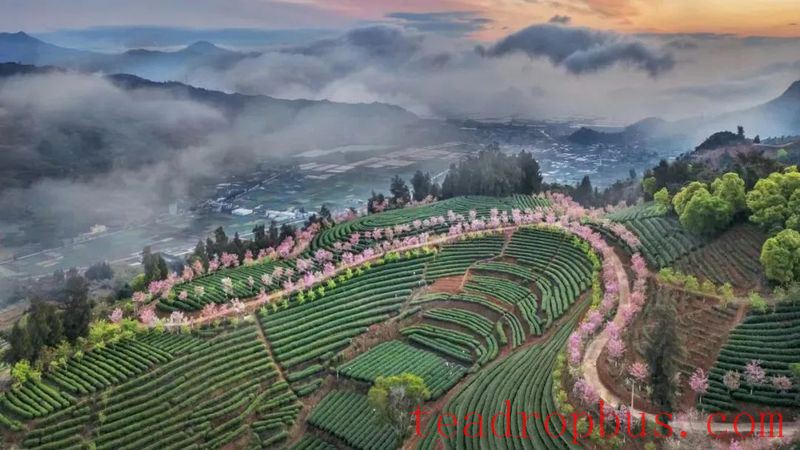
The tea culture in Fujian Province has a history of over 1,600 years, originating in the Han Dynasty, thriving in the Tang Dynasty, and reaching its peak in the Song Dynasty. The tea from Fujian has a long history. In the Tang Dynasty, Lu Yu's Classic of Tea mentioned, “Tea grows on the northern slopes of Mount Fang in Min County, often producing excellent flavors.” In the Song Dynasty, Fan Zhongyan's Song of Wuyi Tea stated, “The extraordinary tea by the stream surpasses all others; Wuyi immortals have cultivated it since ancient times.”
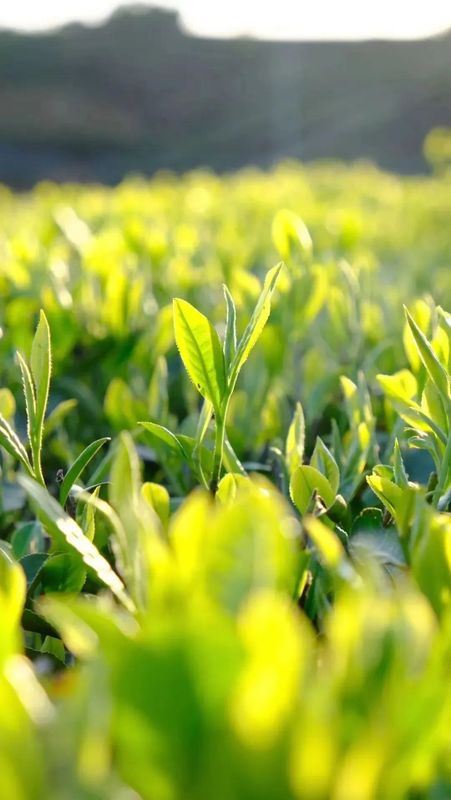
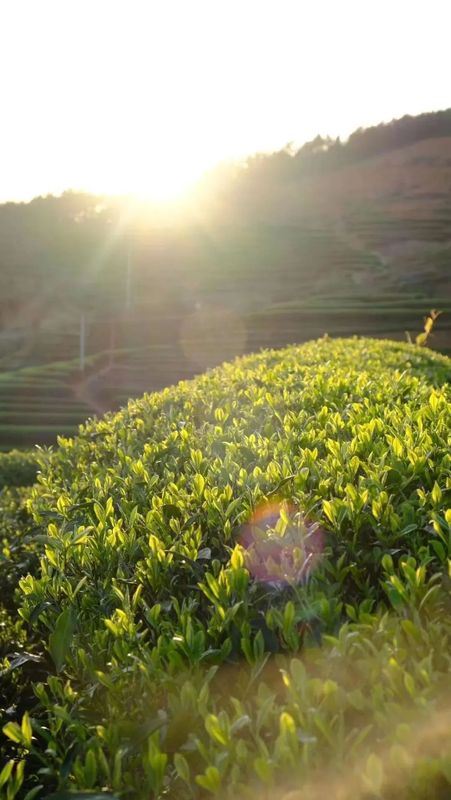
In ancient times, many literati had a particular fondness for Fujian tea. Lu You, who loved tea throughout his life, later served as an official overseeing tea production. “The official tea of Jianxi is unparalleled worldwide; to achieve its full flavor and aroma, a light snowfall is needed.” He believed that Jian tea was the finest of all teas. “Jianxi Official Tea,” named after the Jianxi region in Fujian, had been known as “Jianxi buds” since the Han Dynasty. By the Song Dynasty, the Beiyuan tribute tea had become renowned across the land, becoming one of China's longest-contributing imperial tributes.
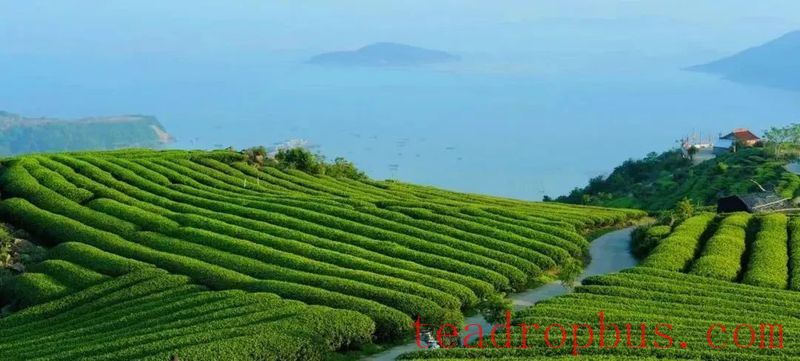
Zheng Wei, a statesman of the Northern Song Dynasty, held the Beiyuan dragon tea in high regard, stating, “The fresh and sweet is truly precious.” He supervised the production of tribute tea, using Jianxi dragon cakes as the main product, making everyone aware of the refinement of Jianxi tea. Su Shi, with deep knowledge of tea preparation and tea history, wrote, “How long have I served in the south now, tasting all the brook teas and mountain brews” and “Though different, the teas produced in Jianxi share the nature of gentlemen.” Su Dongpo appreciated the gentlemanly nature of tea, holding a deep affection for Jianxi tea.
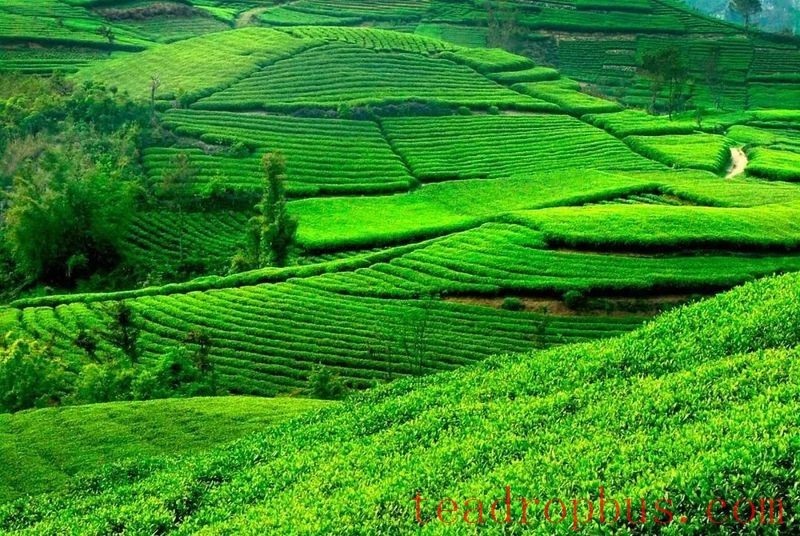
“The most exquisite tea lies in Beiyuan.” Beiyuan tea originated in the state of Min and refers to the tea produced by the imperial plantation in Beiyuan (present-day Jian'ou) during the Song Dynasty. In the first year of Longqi in the Five Dynasties period, Zhang San Gong (Zhang Tinghui), a tea person from Jianzhou, offered thirty square miles of tea mountains on Phoenix Mountain to the state of Min. The imperial tea garden was established in 933 and ceased operations in 1391.
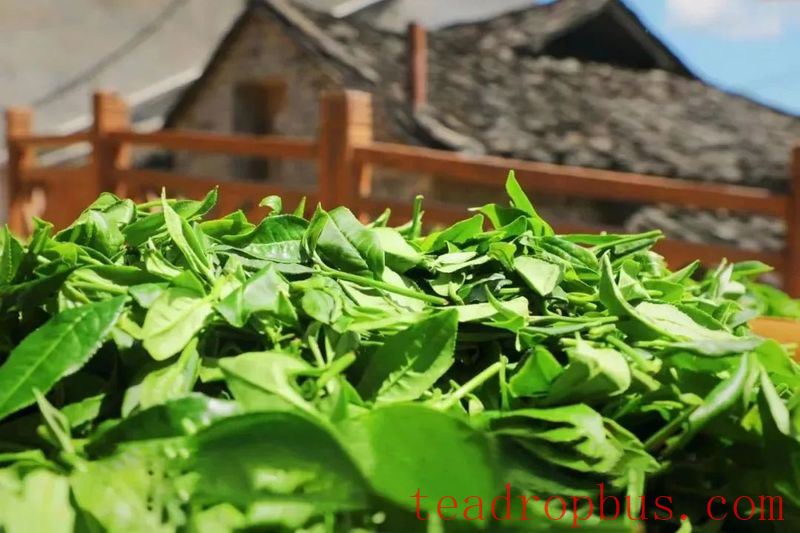
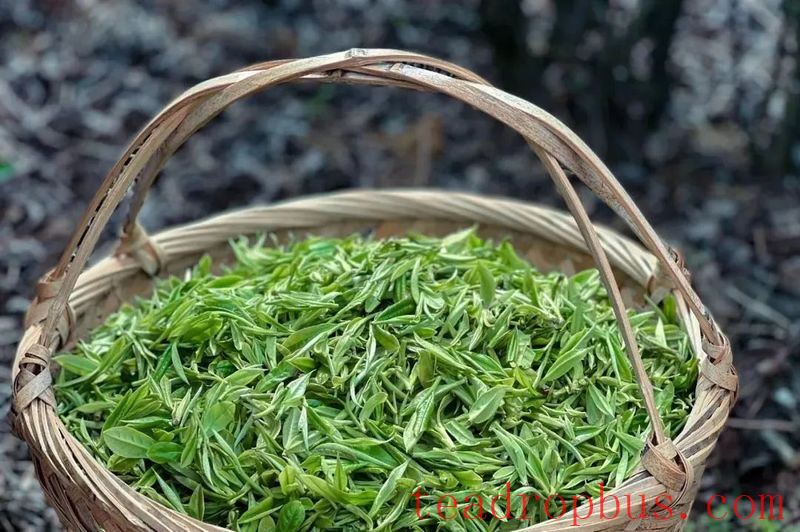
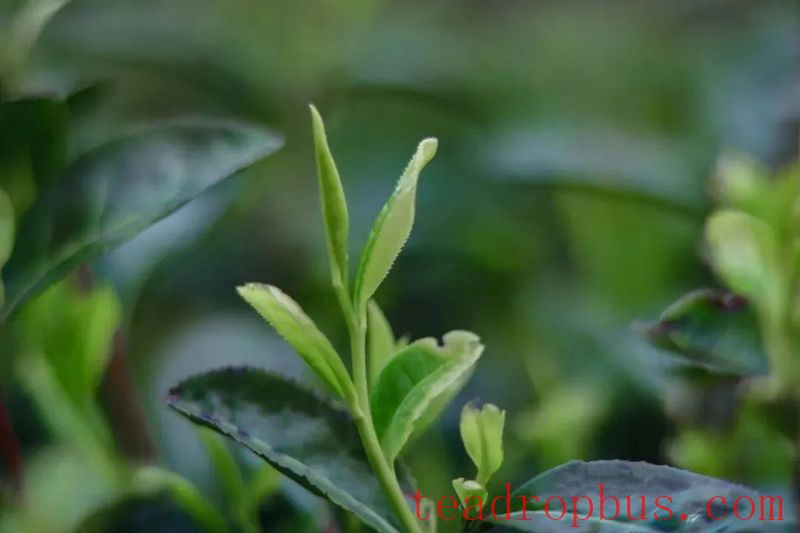
For over four hundred years, “Beiyuan tea” enjoyed a prominent reputation, sought after by scholars and admired by literati, shining brightly in the historical river of ancient Jianzhou.
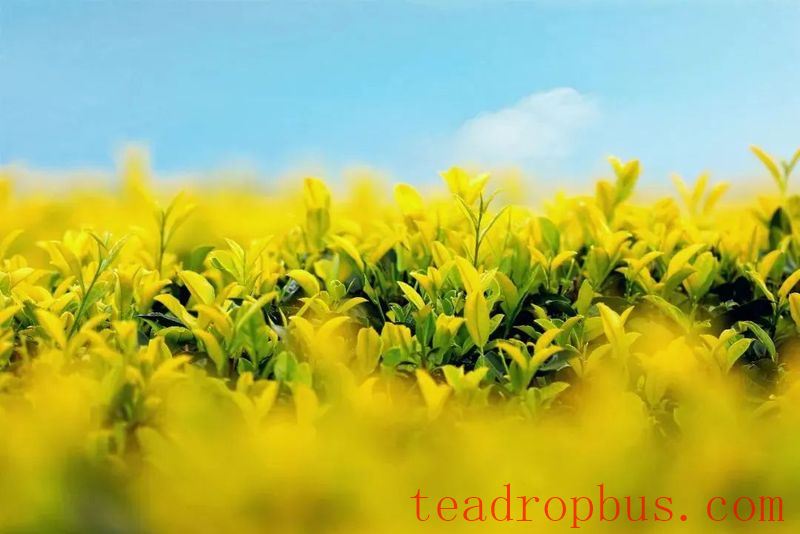
The production process evolved from steamed green tea to pan-fried green tea, continuing to this day, becoming one of the representatives of Chinese Oolong Tea. From “Great Dragon Cake” to “Misty Cloud Dragon,” the methods were refined continuously, also promoting the development of woodblock printing art and Tea drinking art in the Song Dynasty, reflecting the wisdom of the people of Min.
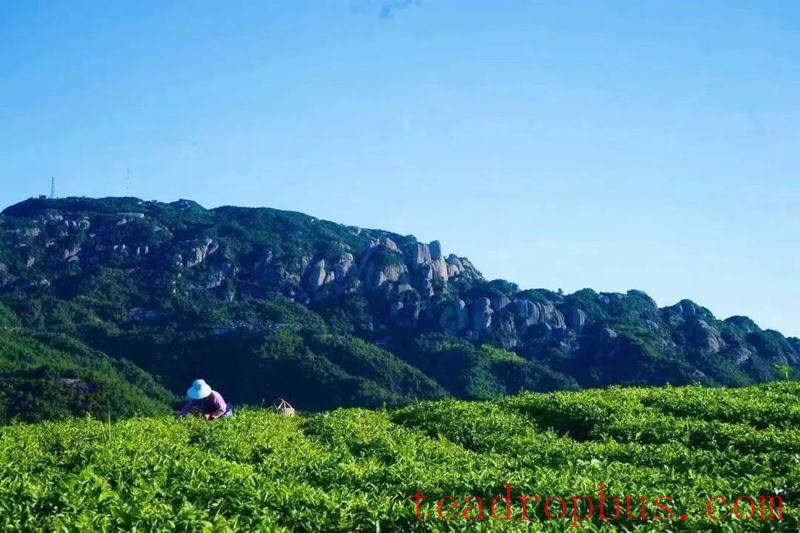
Over 260 ancient masters praised the Beiyuan tea from Jian'ou, leaving behind more than 700 poems and verses. Su Shi wrote, “I jest with this little poem to make you smile; good tea is like a beautiful woman.” Huang Tingjian praised it in his poem “Full Courtyard Fragrance”: “Beiyuan dragon tea, Jiangnan eagle claws—renowned far and wide in Jingguan.”
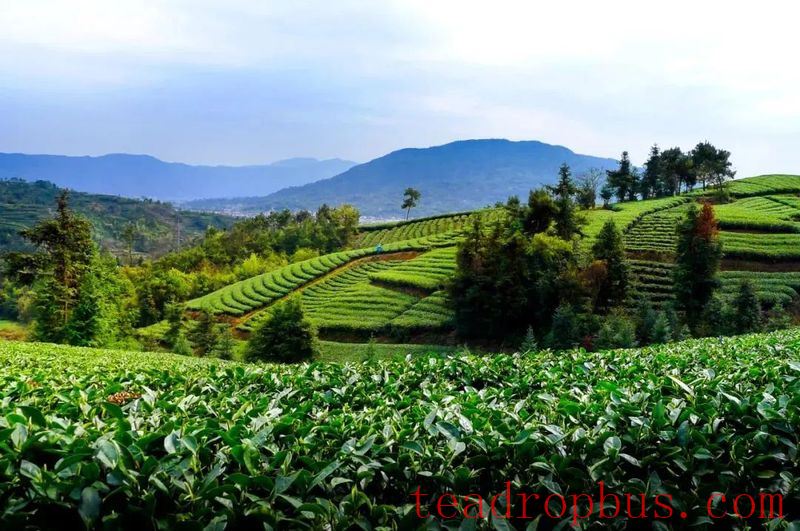
In the ancient city of Jianzhou and amidst the verdant mountains and waters of Beiyuan, savor a Cup of Beiyuan tribute tea, experience a “time travel” through tea affairs, and appreciate the elegant lives of Song Dynasty tea people.
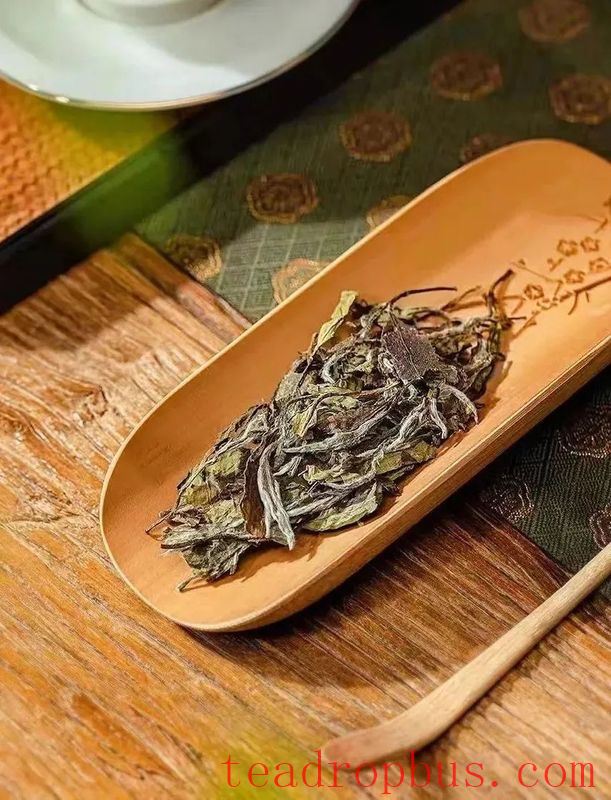
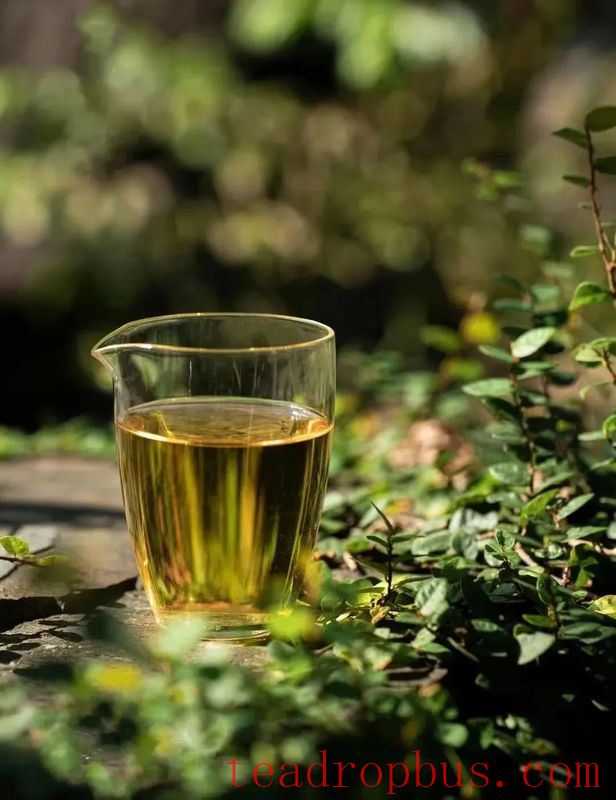
Wuyi Mountain is known for the saying, “There is tea on every rock; no rock means no tea.” The red mountains and blue waters wind through nine curves, and the essence of fine tea lies within the rock notes of rock tea. Rock notes seem to embody the true, good, and beautiful aspects of rock tea. In 1786, Qing Dynasty poet Yuan Mei toured Wuyi Mountain with great enthusiasm. In his Manual of Food Selection at Sui Garden, he recorded that he originally disliked Wuyi tea, “finding it too strong and bitter, like medicine.” However, when he visited Wuyi, everyone vied to offer him tea.
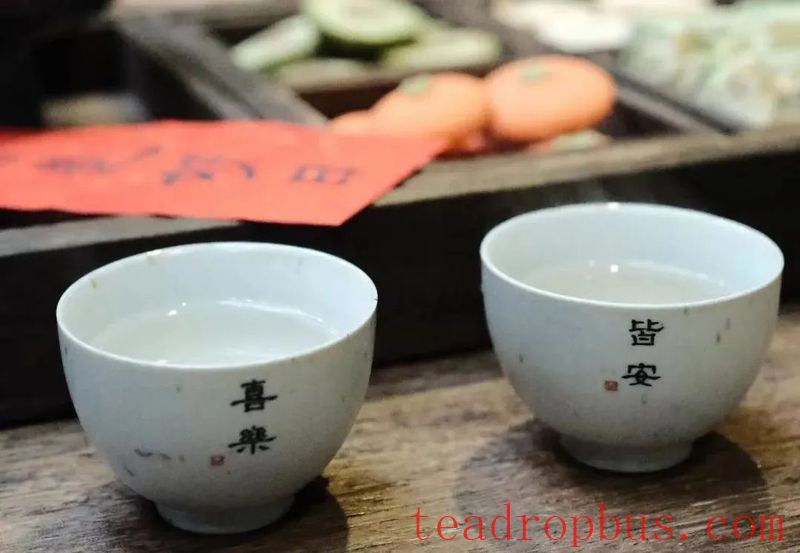
Feng Mei tasted the incomparable “rock bones and floral fragrance,” writing sincerely, “Even after the cup is empty, the aroma remains; slowly tasting reveals the sweetness. Wuyi enjoys worldwide fame, truly deserving of its reputation.” Since then, the taste of Wuyi tea became indelible in Yuan Mei's heart, and his love for rock tea transformed into poetry, which was included in his Poetry Collection of Xiaocang Mountain House, titled “Trying Tea in Wuyi.”
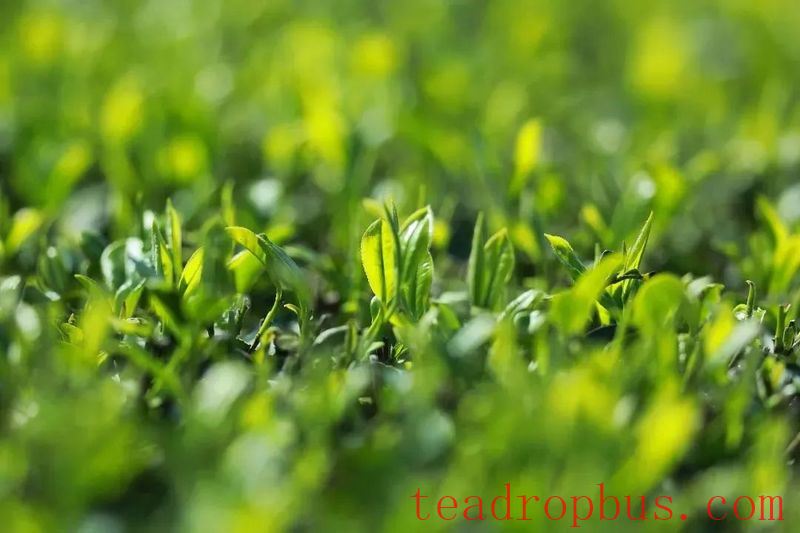
Tieguanyin from Anxi is the pinnacle of o